How to Help a Child with Learning Disability
Every kid is different. Your firstborn could be a topper, but the second one might struggle with spelling and homework. In most cases, parents get frustrated rather than understanding that a child with a learning disability doesn't have control over their brain. This is important because learning disabilities are neurological conditions that impact one's ability to acquire and process information.
Usually, kids with learning disabilities struggle with problem-solving, reading, writing, and reasoning. We need to remember that this doesn't make them dumb. Instead, we need to help the little ones, and we are here to share how you can help them!
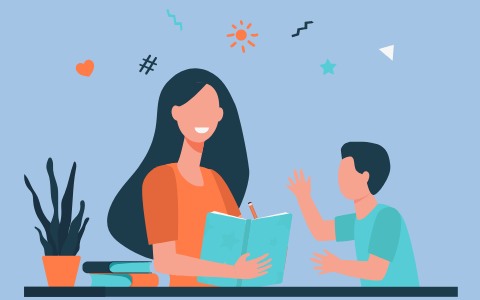
- Part 1: Understanding Learning Disabilities
- Part 2: The Role of Assessment and Diagnosis
- Part 3: Creating a Supportive Environment
- Part 4: Collaboration with Educators and Specialists
- Part 5: Effective Teaching Strategies
- Part 6: Advocating for Your Child
- Part 7: FAQs about How to Help a Learning Disability Child
Part 1. Understanding Learning Disabilities
There are different types of learning disabilities that kids struggle with, such as ADHD, Dyscalculia, and Dyslexia. ADHD makes it challenging for kids to pay attention, while Dyscalculia is a learning disability related to mathematics (they cannot grasp the concepts). On the other hand, Dyslexia impacts one's reading ability (they have difficulty with word recognition and speaking).
As parents, it's important to identify the signs and symptoms because early intervention can save your kids from a lot of difficulties. Some of the common signs include difficulty with reading, writing, and spelling. In addition, they won't be able to grasp mathematics concepts, and their speech development might be disjointed or slow. Also, they will quickly become frustrated whenever they can't do homework.
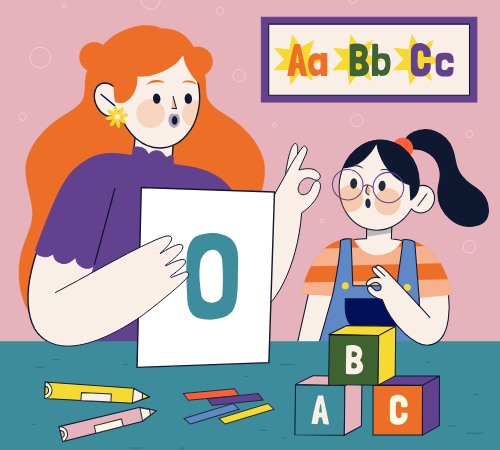
Part 2. The Role of Assessment and Diagnosis
It's needless to say, a learning disability can result in low academic performance, self-esteem, and self-confidence. In addition, it starts impacting their social interactions because they start feeling isolated and don't know how to communicate. That's the reason early assessment and diagnosis are important – it improves academic performance as well as emotional well-being.
If you have concerns about your kid's learning issues, it's better to connect with school counselors and teachers. That's because they can share observations, so you can create a help plan. The best option is to connect with a learning specialist, as he/she can give your kid some evaluations and tests so they can create a plan that focuses on their problem solely.
For those who don't know, different types of tests are used to diagnose learning disabilities. Some of these include psychoeducational assessments, academic achievement tests, behavioral assessments, and IQ tests.
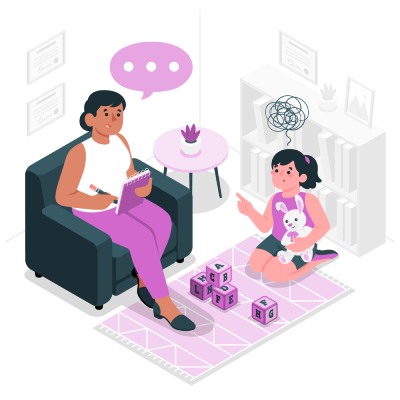
Part 3. Creating a Supportive Environment
When you want your kid to do better, you've to start by creating a supportive environment for them. That's because a positive attitude and environment can take them a long way. You must maintain optimism because it helps them overcome the challenges they are going through. One way of doing so is to celebrate their achievements and praise their efforts, no matter how small they are.
Secondly, you have to foster self-esteem and confidence. These two qualities will help them thrive. In fact, when someone believes in their abilities, they won't shy away from taking on new challenges, leading to better learning and growth.
Thirdly, you've to focus on setting realistic expectations. You have to understand that they have a few limitations and weaknesses. It's recommended that you connect with the educators to understand your kid's learning needs and personalize the support they need.
Last but not least, you must ensure open and honest communication. That's because it's the basis for a supportive environment. When your kids know that they can talk to you, they will be able to talk to you about the challenges they are facing. As a result, they won't feel isolated, which is extremely important.
Part 4. Collaboration with Educators and Specialists
There are times when you have to take matters to the professionals. If you have tried everything in your power already, but the learning disability is still hampering your little one's experience, you have to collaborate with the school teachers and learning specialists. You have to talk to the school and provide all the relevant information about the learning disabilities.
Once they have the information, they can share valuable insights about their behavior and overall performance in the class. In fact, they can provide recommendations on how to help a child with a learning disability because they are the experts. Lastly, if your kid needs it, the schools can sign them up for Individualized Education Programs, which provide specialized learning support to struggling kids.
Part 5. Effective Teaching Strategies
It's evident that kids with learning disabilities cannot grasp the concepts as quickly as other kids. For this reason, teachers often have to change their teaching style. To begin with, you need to create a study routine and make sure the kid sticks to it – it is important to get them into the learning zone. Once you've set the routine, try the following options;
- Try to use multi-sensory instructions, such as hands-on activities, auditory tools, and visuals.
- Create individual learning programs for them that focus on their weak areas.
- Keep assessing the progress to see if your new teaching techniques are working or not.
- Another option is to use assistive technologies, such as note-taking apps, audiobooks, and text-to-speech software.
Part 6. Advocating for Your Child
One of the most important points is that parents feel ashamed when their kid has a learning disability. However, you've to understand that your kid has rights, and the schools are responsible for providing them with good learning programs that address their needs.
In addition, you can join the parent support groups where you can learn more about handling learning disabilities. All of this is important because you've to advocate for your child because you're their ultimate savior.

Final Words
The bottom line is that it can be frustrating for both parents and kids when there is a learning disability involved. However, it's only a small hindrance that can be eased if you make the process positive and easy. So, it's time to make learning enjoyable and interactive for the younger ones. Also, be persistent and patient because your kid will always need your help!
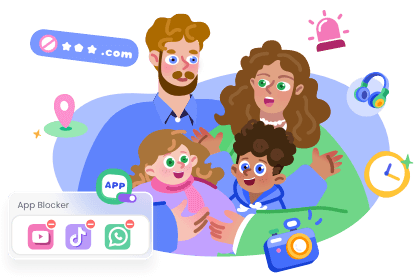




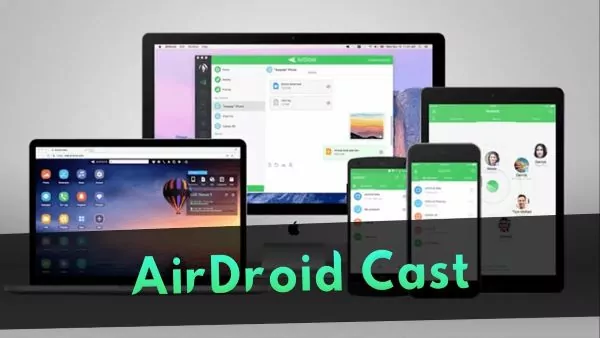
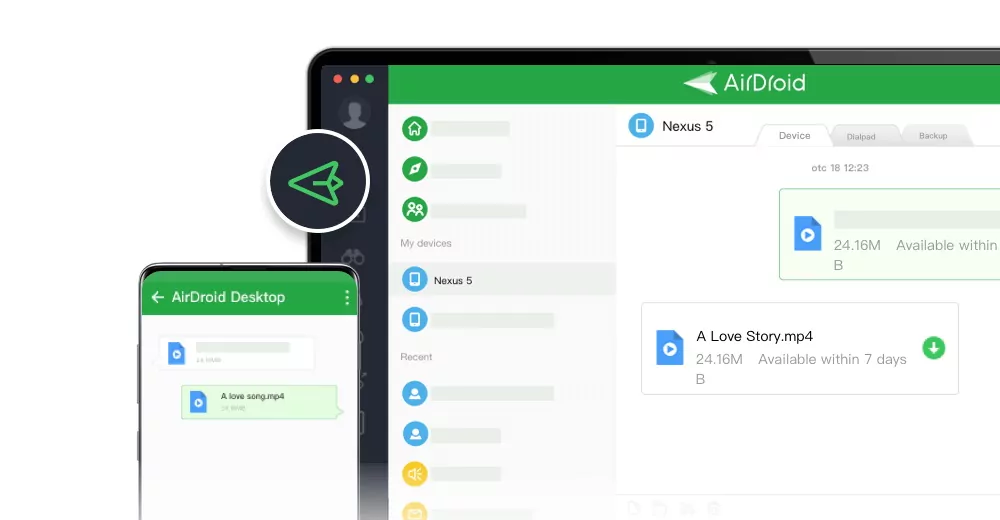




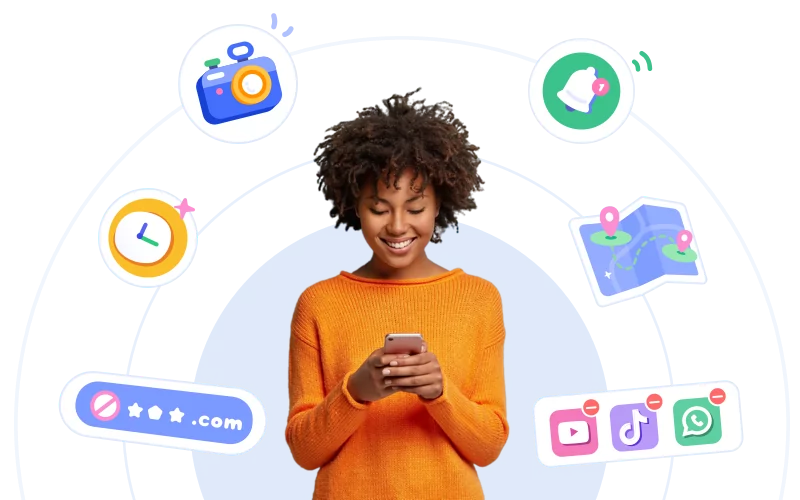
Leave a Reply.